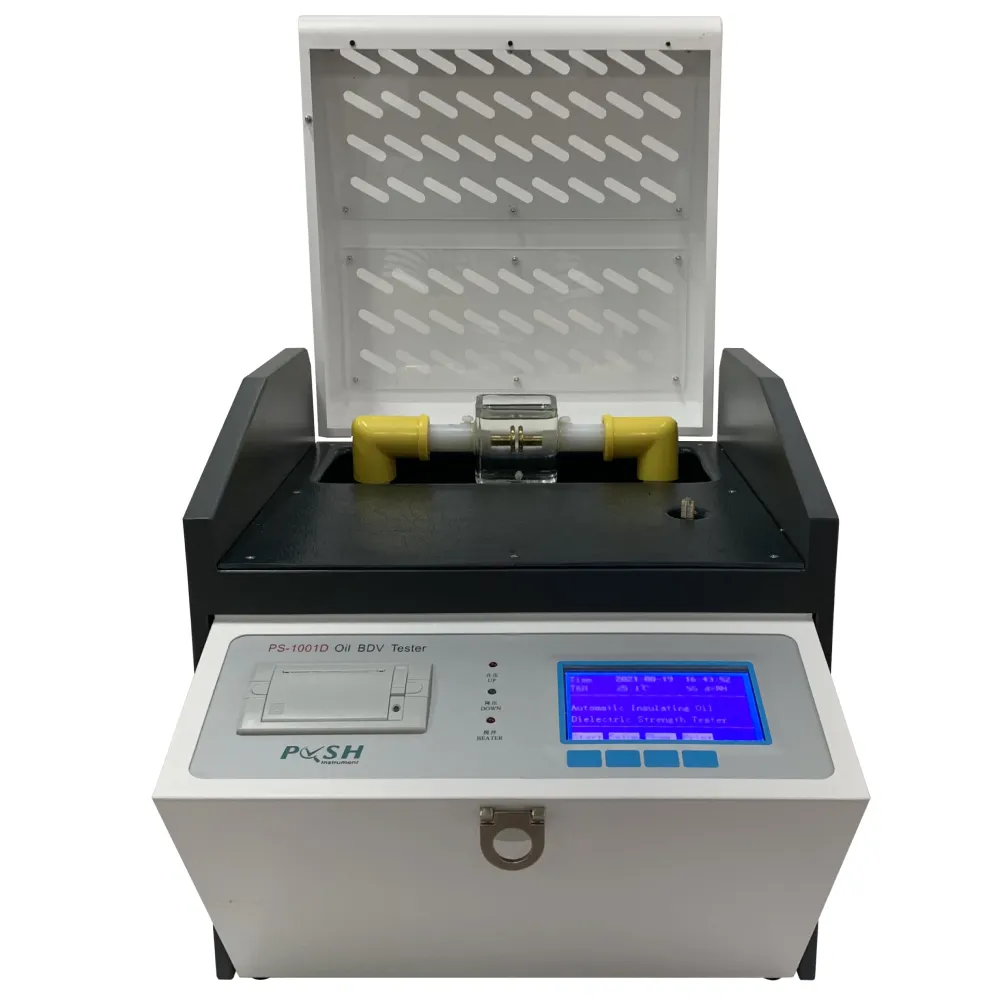 English
English



-
 Afrikaans
Afrikaans -
 Albanian
Albanian -
 Amharic
Amharic -
 Arabic
Arabic -
 Armenian
Armenian -
 Azerbaijani
Azerbaijani -
 Basque
Basque -
 Belarusian
Belarusian -
 Bengali
Bengali -
 Bosnian
Bosnian -
 Bulgarian
Bulgarian -
 Catalan
Catalan -
 Cebuano
Cebuano -
 China
China -
 China (Taiwan)
China (Taiwan) -
 Corsican
Corsican -
 Croatian
Croatian -
 Czech
Czech -
 Danish
Danish -
 Dutch
Dutch -
 English
English -
 Esperanto
Esperanto -
 Estonian
Estonian -
 Finnish
Finnish -
 French
French -
 Frisian
Frisian -
 Galician
Galician -
 Georgian
Georgian -
 German
German -
 Greek
Greek -
 Gujarati
Gujarati -
 Haitian Creole
Haitian Creole -
 hausa
hausa -
 hawaiian
hawaiian -
 Hebrew
Hebrew -
 Hindi
Hindi -
 Miao
Miao -
 Hungarian
Hungarian -
 Icelandic
Icelandic -
 igbo
igbo -
 Indonesian
Indonesian -
 irish
irish -
 Italian
Italian -
 Japanese
Japanese -
 Javanese
Javanese -
 Kannada
Kannada -
 kazakh
kazakh -
 Khmer
Khmer -
 Rwandese
Rwandese -
 Korean
Korean -
 Kurdish
Kurdish -
 Kyrgyz
Kyrgyz -
 Lao
Lao -
 Latin
Latin -
 Latvian
Latvian -
 Lithuanian
Lithuanian -
 Luxembourgish
Luxembourgish -
 Macedonian
Macedonian -
 Malgashi
Malgashi -
 Malay
Malay -
 Malayalam
Malayalam -
 Maltese
Maltese -
 Maori
Maori -
 Marathi
Marathi -
 Mongolian
Mongolian -
 Myanmar
Myanmar -
 Nepali
Nepali -
 Norwegian
Norwegian -
 Norwegian
Norwegian -
 Occitan
Occitan -
 Pashto
Pashto -
 Persian
Persian -
 Polish
Polish -
 Portuguese
Portuguese -
 Punjabi
Punjabi -
 Romanian
Romanian -
 Russian
Russian -
 Samoan
Samoan -
 Scottish Gaelic
Scottish Gaelic -
 Serbian
Serbian -
 Sesotho
Sesotho -
 Shona
Shona -
 Sindhi
Sindhi -
 Sinhala
Sinhala -
 Slovak
Slovak -
 Slovenian
Slovenian -
 Somali
Somali -
 Spanish
Spanish -
 Sundanese
Sundanese -
 Swahili
Swahili -
 Swedish
Swedish -
 Tagalog
Tagalog -
 Tajik
Tajik -
 Tamil
Tamil -
 Tatar
Tatar -
 Telugu
Telugu -
 Thai
Thai -
 Turkish
Turkish -
 Turkmen
Turkmen -
 Ukrainian
Ukrainian -
 Urdu
Urdu -
 Uighur
Uighur -
 Uzbek
Uzbek -
 Vietnamese
Vietnamese -
 Welsh
Welsh -
 Bantu
Bantu -
 Yiddish
Yiddish -
 Yoruba
Yoruba -
 Zulu
Zulu
power quality measurement system
Power Quality Measurement Systems Ensuring Reliable Electrical Supply
In today's technologically driven world, the reliability and quality of electrical power supply are paramount. A power quality measurement system plays a crucial role in monitoring the electrical parameters and ensuring that the power delivered meets the established quality standards. These systems are essential in a variety of sectors, including telecommunications, manufacturing, and commercial facilities, where power interruptions or fluctuations can lead to significant financial losses and operational disruptions.
Power quality refers to the characteristics of electrical power that influence the performance of connected devices. Key aspects of power quality include voltage fluctuations, harmonics, frequency fluctuations, and transients. Poor power quality can manifest in several ways flickering lights, overheated electrical equipment, and unexpected downtime, which can severely affect productivity. Therefore, an effective power quality measurement system is vital for identifying and mitigating these issues.
A comprehensive power quality measurement system typically consists of sensors, data acquisition devices, and analysis software. Sensors are deployed at strategic locations within the power distribution network to continuously monitor various electrical parameters. These devices capture real-time data on voltage, current, frequency, and other crucial metrics. The collected data is then transmitted to data acquisition devices, which process the information for further analysis.
power quality measurement system

The analysis phase is where the real value of power quality measurement systems becomes apparent. Advanced software tools can analyze the data to identify trends, detect anomalies, and generate reports. These insights enable facility managers and electrical engineers to pinpoint specific issues, such as persistent voltage sags or harmonics caused by non-linear loads like variable frequency drives and rectifiers. By understanding these problems, organizations can take proactive measures to improve their power quality, such as installing power conditioning equipment, upgrading transformers, or redistributing loads.
Furthermore, power quality measurement systems can be integrated with smart grid technologies to enhance overall system reliability. By leveraging real-time data, utilities can better manage demand responses and identify potential fault conditions before they lead to outages. This capability not only improves the resilience of the electrical infrastructure but also fosters a more sustainable energy landscape by facilitating the integration of renewable energy sources.
In conclusion, power quality measurement systems are indispensable tools for ensuring a stable and reliable electrical supply. They provide critical real-time insights that enable organizations to maintain operational continuity and protect sensitive equipment from damage caused by power quality issues. As the importance of electricity grows within our modern society, investing in sophisticated power quality measurement systems will prove essential for both economic viability and technological advancement in the coming years. By prioritizing power quality, organizations can enhance their operational efficiency and better prepare for the challenges of tomorrow's energy landscape.
-
Ensuring Transformer Reliability with High-Precision Turns Ratio TestingNewsJul.18,2025
-
Ensuring SF₆ Gas Safety: Introducing PUSH’s Integrated SF₆ Analyzer for Dew Point, Purity, and Decomposition MonitoringNewsJul.10,2025
-
Exploring the Main Types of Industrial Endoscopes and Their Applications Across IndustriesNewsJul.04,2025
-
Testing Equipment Industry Sees Major Advancements in 2025: Smart & Precision Technologies Lead the WayNewsJun.06,2025
-
Applications of Direct Current Generators in Renewable Energy SystemsNewsJun.05,2025
-
Hipot Tester Calibration and Accuracy GuidelinesNewsJun.05,2025



